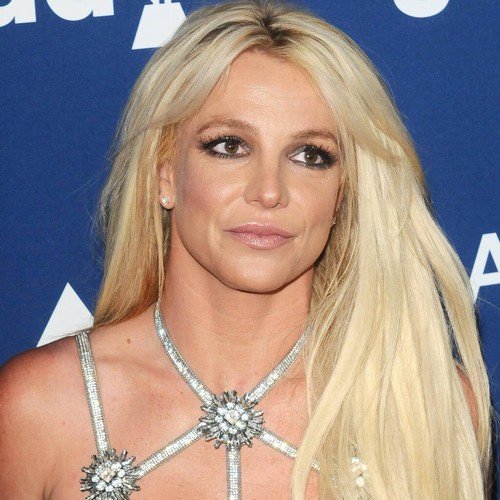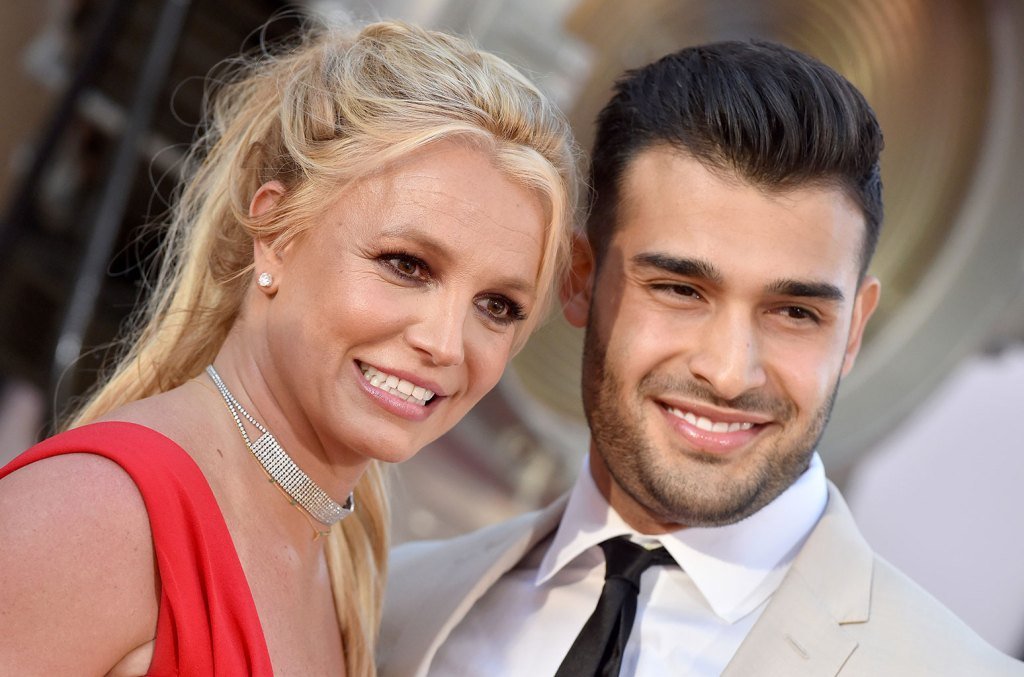Music production books are such an underrated learning tool.
Sure, you can learn a lot from online forums and Reddit. But who can you really trust?
On the other hand, music production books are written by industry professionals, with decades of experience. So you can be sure they know what they’re talking about.
Today, I’ll share with you 7 music production books I’ve read that can turbocharge your music production journey. Let’s get started 👇
The Mixings Engineer’s Handbook (Bobby Owsinski)
Number one on the list is a book I really can’t recommend enough. It’s called the Mixing Engineer’s Handbook:

It’s a great overarching reference book for all things mixing-related. It’s targeted mostly towards beginners and has a very objective, factual approach.
This music production book also features lots of visual aids and pictures.
You can read it front to back, but you can also just flick to whatever page or whatever topic you want to learn about. Some of the topics it covers include EQ, compressors, saturation, and more.
This book will give you all the tools you need to get started on your mixing journey.
Want to check out this guide in video format? Head over to our YouTube channel 👇
Zen and the Art of Mixing (Mixerman)
Zen and The Art of Mixing gives you a really good insight into the world of a mixing engineer:

This book is definitely more of a personal, opinionated perspective on mixing rather than a factual handbook. However, this isn’t a knock on the book. I actually want to hear the opinion of a professional who has been in the industry for decades.
The author has a strong writing voice, which makes it a really easy read.
This music production book goes much more into the mindset and the “conceptual” side of mixing. Personally, it taught me a lot about how I go about mixing, and my mixing workflow.
Compared to the first book in this list, it’s definitely more of a front-to-back read. It’s also a less visual book, and more conceptual and perhaps more for intermediate producers.
The Secrets of Dance Music Production (David Felton)
The next book I want to share with you is The Secrets of Dance Music Production:

I highly recommend this book and for very good reason. Firstly, unlike the other books this one is specific to dance music production.
But more importantly, it gives you an overarching perspective of music production.
In particular, it gives you insights into sound design, drum programming, mixing, mastering, and a lot more. It’s also a super visual book, it’s quite up-to-date and it’s designed entirely for beginners who are just getting their feet wet. Highly recommended.
74 Creative Strategies for Electronic Music Producers (Dennis DeSantis)
The next book is called “74 Creative Strategies for Electronic Music Production”:

This music production is definitely not winning any design awards. But what counts is what’s inside. It’s sold from the Ableton website, which partly explains the minimalist design.
This book is a bit different from the others in this list because it’s laid out in a problem-solution framework.
This means it’s definitely less of a front-to-back read and more something you can just have around you all the time. You can just pick it up, flick through it, have a look, and get inspired.
I would definitely recommend this book to more intermediate producers who are struggling to find the next step in their music production journey. However, even if you’re still a beginner, there’s a lot you can learn and take away from it.
The book is split into 3 different types of problems you can run into as a music producer:
- problems of “beginning”;
- problems of “progressing”;
- problems of “finishing”.
Here’s a concrete example of what the book talks about:
Problem: DAWs usually align things into grids and blocks, and it can feel hard to get a fluid musical structure. Everything feels very rigid and sharp.
Solution: the book gives you ideas on how to create anticipation in your tracks, how to use drum fills, and other examples to spice up your arrangements.
This book is definitely not trying to lay out everything in the music production world. It’s more of a sort of inspirational book that you can pick when facing writer’s block.
Music Theory for Computer Musicians (Michael Hewitt)
Next up is “Music Theory for Computer Musicians”:

This one is a very elementary, theory-focused book but applied to a DAW environment.
This one is definitely targeted more at beginners wanting to learn more about theory and how they can apply it to music production.
It covers basic concepts such as intervals and chords. The only thing is that it’s a little bit brief. Also, it didn’t get any update since 2008, so some people might find it a little outdated.
Music Theory for Electronic Music Producers (J Anthony Allen)
An alternative music production book about music theory I recommend is this one:

This is quite an extensive book that goes over a lot of different music theory concepts. It’s actually written by an Ableton-certified trainer and it has a whole bunch of screenshots from directly inside Ableton. So if you’re an Ableton Live user, that’s definitely a bonus.
The first 30 pages are actually free to preview online so you can check if this book is your vibe.
Over the course of the book, you cover basic concepts such as chords to much more advanced music theory content. I personally highly recommend this one.
Rockenomics (Alan Krueger)
Last on this list is Rockenomics:

The last recommendation I have is a different style of book than all the others on this list.
This one is more of a music industry-related book that talks about the psychology of how people consume music, how music is shared, the trends behind music charting, and a lot more.
This book even has a whole section that talks about luck in the music industry, how much success is due to luck etc. If you have an analytical mind like me, then I think you will really like this book. It also covers the business side of being an artist in 2024.
That’s a Wrap on the Best Music Production Books!
That’s it for this guide! Hopefully, you found some good recommendations in this list for your next Christmas present. Did we miss out on any important music production books? What is your favorite music production book? Let us know over at [email protected]




